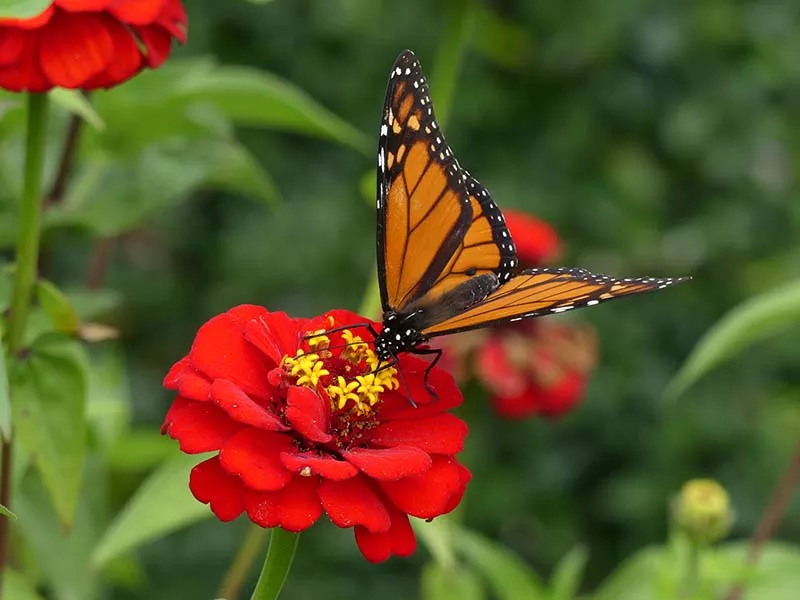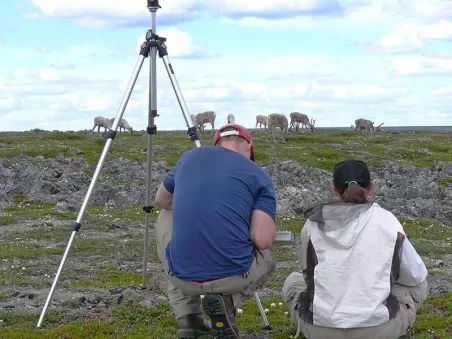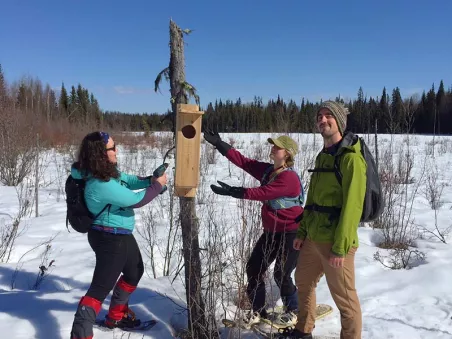New UNBC degree for the fall of 2019
The University of Northern British Columbia will launch a new degree in the fall of 2019 - the Bachelor of Science in Conservation Science and Practice with majors in either Wildland Conservation and Recreation (WCR) or Landscape Conservation and Management (LCM).

The University of Northern British Columbia will launch a new degree this fall - the Bachelor of Science in Conservation Science and Practice with majors in either Wildland Conservation and Recreation (WCR) or Landscape Conservation and Management (LCM).
Students pursuing a BSc in Conservation Science and Practice will focus on understanding and addressing the contemporary challenges facing the sustainable use and conservation of our environment.
The program focuses on conservation issues, tools, techniques, benefits and shortcomings, approached from multiple perspectives, that include the social and natural sciences. Students will develop skills to restore ecosystems, systematically plan for conservation, inform policy, conduct citizen science, make and analyze decisions involving multiple ecological, social and economic criteria. The degree will provide an excellent foundation and skill set for a wide range of career opportunities including post-graduate studies.
“The CSP Major in Wildland Conservation and Recreation focuses on wild landscapes in which conservation is achieved through land uses such as National and Provincial Parks and Indigenous Protected and Conserved Areas that support ecological protection, suitable economic activity and recreation opportunities, along with environmental aesthetics, but which exist in the context other resource values” says UNBC Associate Professor Pamela Wright. Graduates with the WCR major will have the skills necessary to identify, plan, monitor, and manage conservation values within the parks, recreation, and nature-based tourism sectors in new and innovative ways.
“The CSP Major in Landscape Conservation and Management is a new major,” Professor Chris Johnson explains, “with a focus on natural and human-modified systems, across spatial scales, that support a variety of values and activities such as the maintenance of biodiversity, rights and practices of Indigenous people, ecosystem services, and resource extraction.” Graduates with the LCM major will gain the cutting-edge technical skills and knowledge necessary for solving some of the most complex and pressing challenges facing the conservation of the planet’s biodiversity.
There are many career opportunities for CSP graduates. Positions include working in the public sector with municipal, regional, provincial, federal, and First Nation governments (e.g., BC Ministry of Environment and Climate Solutions, Canadian Wildlife Service, Parks Canada as well as non-governmental organizations (e.g., Canadian Parks and Wilderness Society (CPAWS), World Wildlife Fund (WWF), and Yellowstone to Yukon (Y2Y). Graduates might work as researchers, outdoor or environmental educators, planners, policy advisors, or field biologists. Private sector opportunities include starting a business, working as a consultant, or employment with companies in the resource or outdoor industries.
The new degree program has received broad support from a number of conservation organisations.
“We are in a time of expanding awareness and support for the value of conservation in protected areas,” explains Dr. Tory Stevens, an Ecologist with BC Parks. “Having a program well rooted in science and maintaining currency will be invaluable.”
This program will be excellent for students with a strong interest in conservation and a passion for helping to understand the world and the problems it faces, along with an eager desire to take action through science, policy, or conservation efforts.

